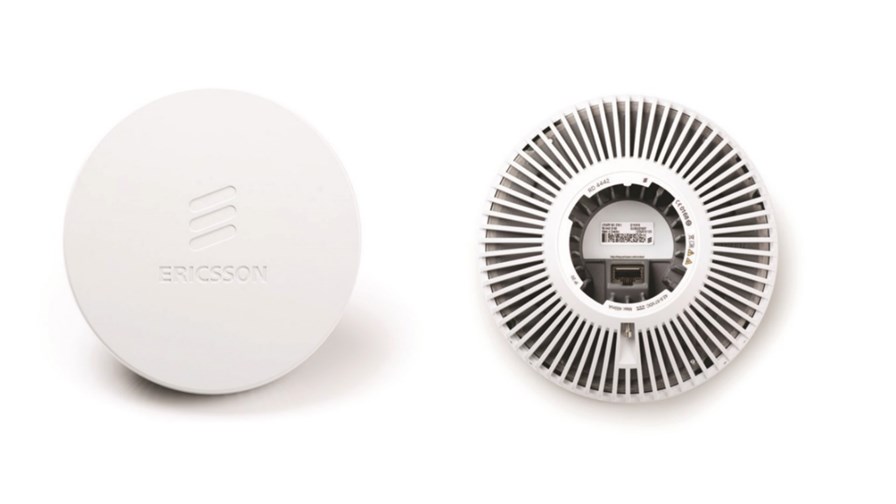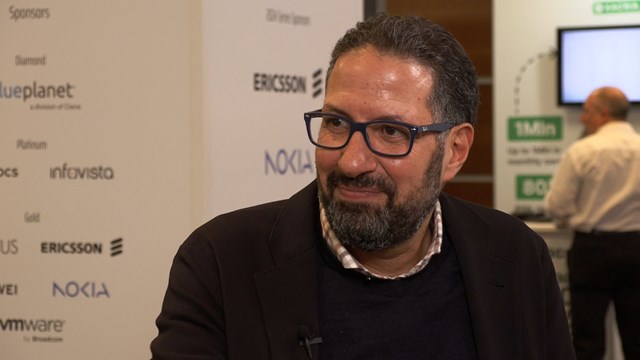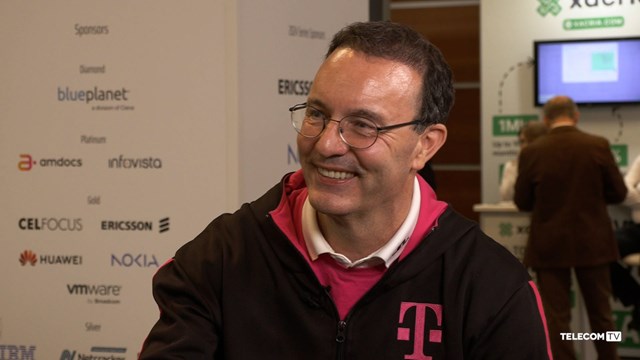
Dot Radio Source: Ericsson
- Private radio networks (some with privately owned spectrum) are all the rage
- Many corporates want the scalability and security that a private network can bring
- Ericsson and mobile operator Elisa have teamed up to develop a private network pilot that Elisa can sell on to customers
After a decade or two spent branching out in various ways - into TV and media, IoT - Ericsson adopted a new strategy, reiterated earlier this year, that saw it dispose of non-core business activities to concentrate on its core base of customers - telcos.
That meant not only directing its R&D on technology, software and support in a telco direction, but avoiding as much as possible activities which might put it into competition with them. Selling and supporting private networks being a prime case in point.
So Ericsson has been working with Finnish mobile operator Elisa on piloting a private 4G network which could then act as a proof of concept, enabling Elisa to sell similar solutions to its customers in association with Ericsson.
The operator says it sees growing demand from businesses for their own secure capacity and high availability inherent in a customised private network.
Ericsson says this particular network has been designed to help service providers offer scalable, mission-critical broadband solutions for industries and public safety agencies.
The solution will “enable Elisa’s enterprise customers to gain control of users, devices and traffic on the local private networks, providing greater security and an increased capacity for high demand,” claims Ericsson.
The pilot tests were conducted at Elisa’s facilities in the first of half of 2019 using a prepackaged Ericsson Private Network solution that included Ericsson Enterprise Core, Router 6000 and Radio Dot System for indoor coverage.
The Ericsson Dot system is a 4G small cell device with an ‘evolution path’ to 5G and Citizens Broadband Radio Service (CBRS) along with MIMO support. Ericsson claims easy installation over LAN cabling. The solution, it says, is a big step forward over traditional ‘Distributed Antenna System’ (DAS).
But the cellular technology approach will also face stiff competition from private network systems based on Wi-Fi 6 which are sure to pop up sporting security, advanced management systems and all the other marks and measures of a leading-edge private network technology.
According to Eetu Prieur, Director of Mobile Solutions at Elisa, ”Private networks are expected to spread throughout different industries. Forerunner companies have already identified the benefits of private networks: guaranteed capacity, reliability and security.”
Private networks, which enable local control by an enterprise, can be tailored to an organization’s specific applications and business platforms to create sustainable growth through service provider’s existing assets. As they are closed, only specifically defined devices and connections can access them, securing higher levels of performance and information security valuable to industries.
Manuel Ruiz, Head of Mission Critical & Private Networks at Ericsson, says: “The Ericsson Private Networks solution comes at a time when capacity, security, and other critical communication needs are prompting industries to seek out their own private networks. With its own dedicated networks for enterprises, Elisa will be able to better adapt service to specific industrial customer needs.”
Ericsson has already successfully deployed private networks at several industrial sites including utility companies, mines, ports, airports, and factories and in June this year it secured a private network contract with microcar company e.Go Mobile AG, providing 5G Core and 5G New Radio solutions.
Email Newsletters
Sign up to receive TelecomTV's top news and videos, plus exclusive subscriber-only content direct to your inbox.




